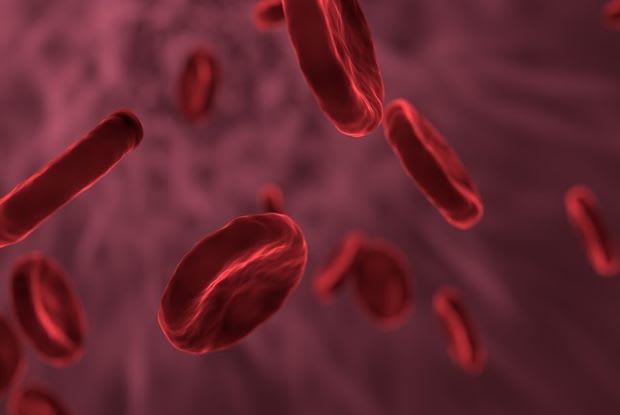Table of Contents
Blood thinners are needed for several conditions that occur throughout a person’s life. Those with atrial fibrillation and a history of blood clots are frequently prescribed blood thinners to prevent a dangerous clot from obstructing their bloodstream.
But many people may wonder, is one blood thinner medication better than another? There are several blood thinners on the market, and patients may be unaware of their differences. Your doctor will prescribe the right medication for your condition, but it is important to learn about the similarities and differences between these blood thinners. Read on to learn more. [1]
How Does Coumadin Work?
Coumadin is one of the oldest blood thinners on the market. Coumadin, also known by its generic name warfarin, was first approved for human use in 1954. Warfarin works by inhibiting vitamin K, which is a substance that the body needs to form clots. By preventing the clotting factors of vitamin K, warfarin makes the blood clot at a much slower rate.
Coumadin may work for some and is typically cheaper than newer blood thinners. Some patients may prefer these benefits, but there are several downsides that should be taken into account. If you have been prescribed Coumadin, you should avoid incorporating many vitamin K-rich foods into your diet. Spinach, broccoli, lettuce, and other leafy green vegetables increase vitamin K, making Coumadin work less effectively. Because of this, you have to maintain a healthy balance of vitamin K and warfarin for the full benefit. [2] Several side effects may occur when taking warfarin. This drug has more side effects than other medications, especially if you do not maintain a careful balance between vitamin K and the drug. Possible side effects may include: When you start Coumadin, you also need to take frequent INR blood tests, which stands for an international normalized ratio. Your INR range depends on your specific condition and determines your chance of bleeding or getting a clot. You will need INR blood tests daily or weekly for the first few weeks you are on warfarin. This will continue until your levels are stable, but testing will still need to take place regularly. [4] Eliquis and Xarelto (rivaroxaban) are two of the most popular anticoagulants on the market. Both Xarelto and Eliquis work by blocking Factor Xa in the blood. Factor Xa is a blood clotting factor that is critical to the blood clotting process. Both of these medications may be used to reduce blood clotting in patients with atrial fibrillation. In some cases, Xarelto may be preferred for patients who have knee or hip replacement surgery. Generic rivaroxaban is also recommended for deep vein thrombosis patients and those with a history of pulmonary embolism. Your doctor will prescribe the best blood thinner for your condition. [5] All medications can come with side effects, so you have to balance the positives and negatives of each medication with your doctor. Side effects of both medications can range from mild to severe, so it is essential to pay attention to any unusual symptoms. Mild side effects of Eliquis can include: Typically, these side effects go away on their own, but if they do not, talk to your doctor or pharmacist. You should talk to your doctor right away if you explain the following serious side effects of Eliquis: Xarelto may also come with unwanted side effects. Common side effects of Xarelto may include: Serious side effects of Xarelto should be addressed immediately. If you experience the following side effects, you should seek medical help: As you can see above, there are positives and negatives to every blood thinner out there. Overall, many patients may stick with the tried and true Coumadin, but for others who do not like the frequent INR testing, Xarelto or Eliquis may be a better choice. You can also explore other useful blood thinners like dipyridamole or Elmiron. There are many options available, so discuss it with your doctor today. The cost of medications has a big impact on a patient’s decision, and that’s where online pharmacy referral services like RX Connected come in. We help to connect you to licensed international fulfillment centres and/or pharmacies. Xarelto and Eliquis are notoriously expensive, but you can get the new generic versions of these drugs through Rx Connected. Generics of these medications are not yet available in the United States, if Canada does not have the generic available, you can still obtain approved generics from other countries. Generic Xarelto and Eliquis will eventually be available in America, but you can start saving on your prescription today. The content in this article is intended for informational purposes only. This website does not provide medical advice. In all circumstances, you should always seek the advice of your physician and/or other qualified health professionals(s) for drug, medical condition, or treatment advice. The content provided on this website is not a substitute for professional medical advice, diagnosis, or treatment.
Side Effects of Warfarin
Eliquis vs. Xarelto

Side Effects Eliquis
Side Effects of Xarelto

So, What’s the Takeaway?
